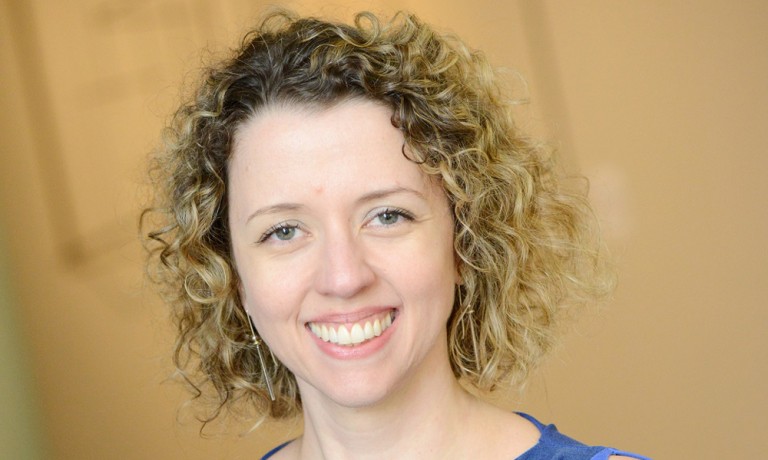
"Design approaches that reflect the thinking of the times": Interview with Prof. Dr. Zong Mingming
We talked with Prof. Dr. Zong Mingming, beyond bauhaus jury member, about the importance of the Bauhaus, the potential of the winning projects and the international competition. More

"The number of promising ideas is grandiose": Interview with beyond bauhaus jury member Oliver Jahn
We spoke with Oliver Jahn, member of the international jury of the competition „beyond bauhaus - prototyping the future”, about the significance of the bauhaus concept for the present and future, the international competition and the prizewinners. More

"The projects reach beyond the original borders of Bauhaus": Interview with Juliana Braga de Mattos
The international competition "beyond bauhaus - prototyping the future", sought ground-breaking design ideas and concepts that address a socially relevant topic and provide creative answers to the pressing questions of our time.With Juliana Braga de Mattos we talked about the importance of the Bauhaus and the international competition. More

„Combining Realism and Megalomania”: Interview with „beyond bauhaus” jury member Wolfram Putz
The international jury of the competition „beyond bauhaus - prototyping the future” consists of experts from a wide range of design disciplines. Architect Wolfram Putz is one of them and he told us what he associates with the Bauhaus and what he expects of the entries in the competition „beyond bauhaus - prototyping the future“. More

„The Bauhaus as a kickstarter”: Interview with „beyond bauhaus" jury member Christian Benimana
Christian Benimana talked to us about what the Bauhaus idea can still offer students today and about his hope of using the competition to select projects that inspire global solutions. More

„Everyone has a right to good design”: Interview with "beyond bauhaus" jury member Lisa Lang
Lisa Lang, member of the jury of the competition „beyond bauhaus - prototyping the future”, told us how the Bauhaus has influenced her and what design can do for society. More

„The Bauhaus School influenced the way we live today and tomorrow”: Interview with jury member Eyal Gever
Eyal Gever, member of the international jury of the competition „beyond bauhaus - prototyping the future”, told us about the importance of the Bauhaus in Israel and how Bauhaus ideas still influence us today. More


